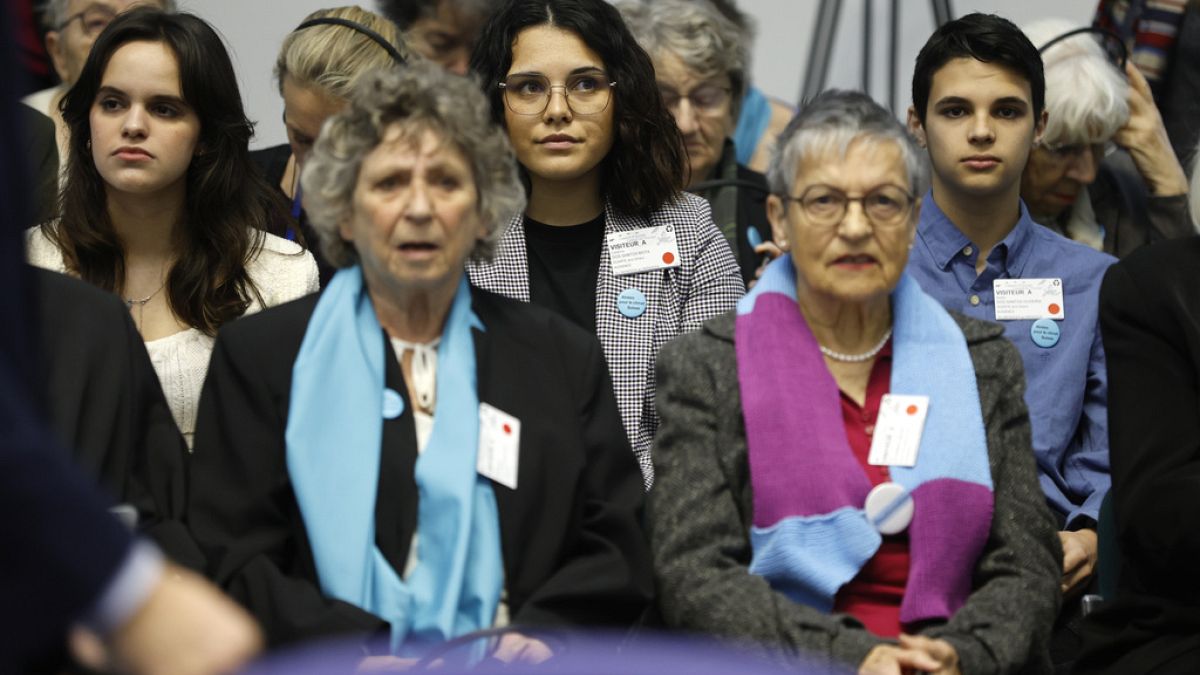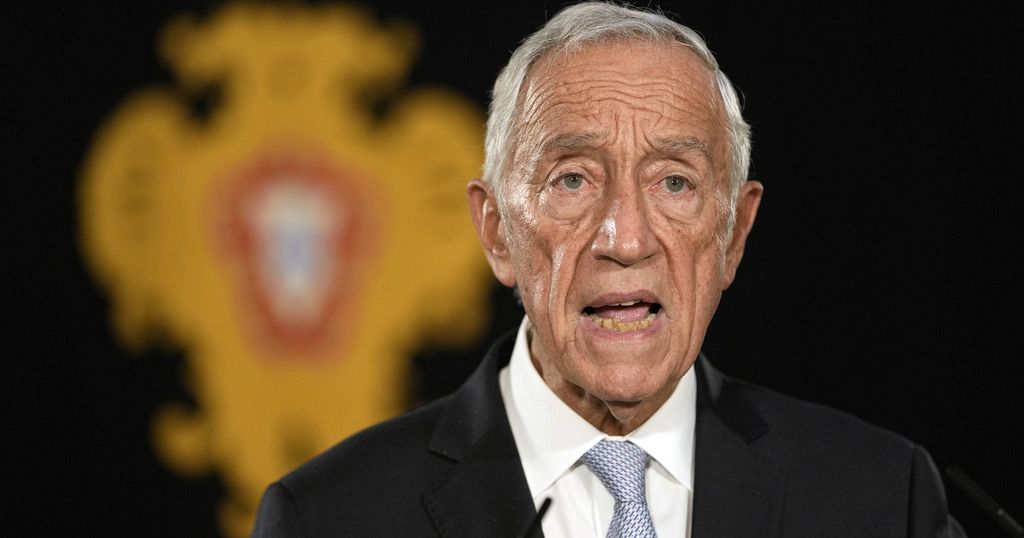
In a highly anticipated decision, the European Court of Human Rights rejected the application of six Portuguese citizens who accused countries of inaction on climate. But the Swiss applicants won their case.
For the first time, the European Court of Human Rights ruled on Tuesday in a case related to combating global warming in three separate cases. The result of these hearings: a victory but also two symbolic rejections.
First notable decision: Strasbourg court issued Ruling condemning Switzerland for violating the European Convention on Human RightsThis came after a request submitted by 2,500 women who denounced “the failures of the Swiss authorities to mitigate the effects of climate change,” which, in their opinion, has negative consequences on their living conditions and health.
The group of Swiss retirees called on their government to make more efforts. He defended the idea that the rights of older women are particularly violated because they are more affected by extreme heat.
But in The most famous file was carried by six Portuguese students who sought to force countries to respect their climate commitments, Finally, the European Court of Human Rights declared their request inadmissible.
The case was brought by six young people aged between 12 and 24 after deadly fires spread across Portugal in 2017, prompting them to take action.
“I was really hoping we would beat all the countries, so I'm obviously disappointed that it didn't happen.”Sofia Oliveira, 19, one of the Portuguese plaintiffs, said: “But more importantly, the court said in the Swiss case that governments must reduce their emissions further to protect human rights. So its victory is a victory for us too, and a victory for the whole world!”
Referring to the Basic Convention on Human Rights, “the Court ruled that Article 8 of the Convention includes the right of individuals to effective protection by State authorities against the serious adverse effects of climate change on their lives, health, well-being and circumstances.” Their quality of life,” noted the Portuguese complainant.
The plaintiffs' request was directed not only to their country, but to all EU member states, Norway, Switzerland, Turkey, the United Kingdom and Russia.
The plaintiffs relied on articles of the European Convention on Human Rights that protect the “right to life” and “the right to respect for private life.”
The second failure also of the former French environmentalist mayor of Grand-Synthe (North), Damien Carem, who called for the French state to be condemned for its inaction on climate action.
In 2021, the highest administrative court ruled in favor of the municipality of Grand-Synthe, leaving France with nine months to “take all useful measures” in order to bend the “greenhouse gas emissions curve” to respect the goals of the Paris Agreement. But the mayor’s personal request was rejected and referred to European Court of Human Rights.
In their submissions, lawyers for the blacklisted countries pointed out that national governments already have a legal obligation to ensure that global warming is kept to 1.5 degrees Celsius above pre-industrial levels, in accordance with the goals of the Paris Climate Agreement.
They also said that responsibility for climate change cannot lie with any single country.
This was the first time an international court had ruled on climate change.
“It's a turning point”Corinna Heere, an expert on climate change issues at the University of Zurich, said: “Tuesday’s ruling confirms this For the first time, countries have an obligation to protect their populations from the effects of climate change They will open their doors. It opens the door to more legal challenges.
Note that the rulings of the European Court of Human Rights are not legally binding on all of its 46 member states, but they do create a legal precedent against which future prosecutions will be judged.






